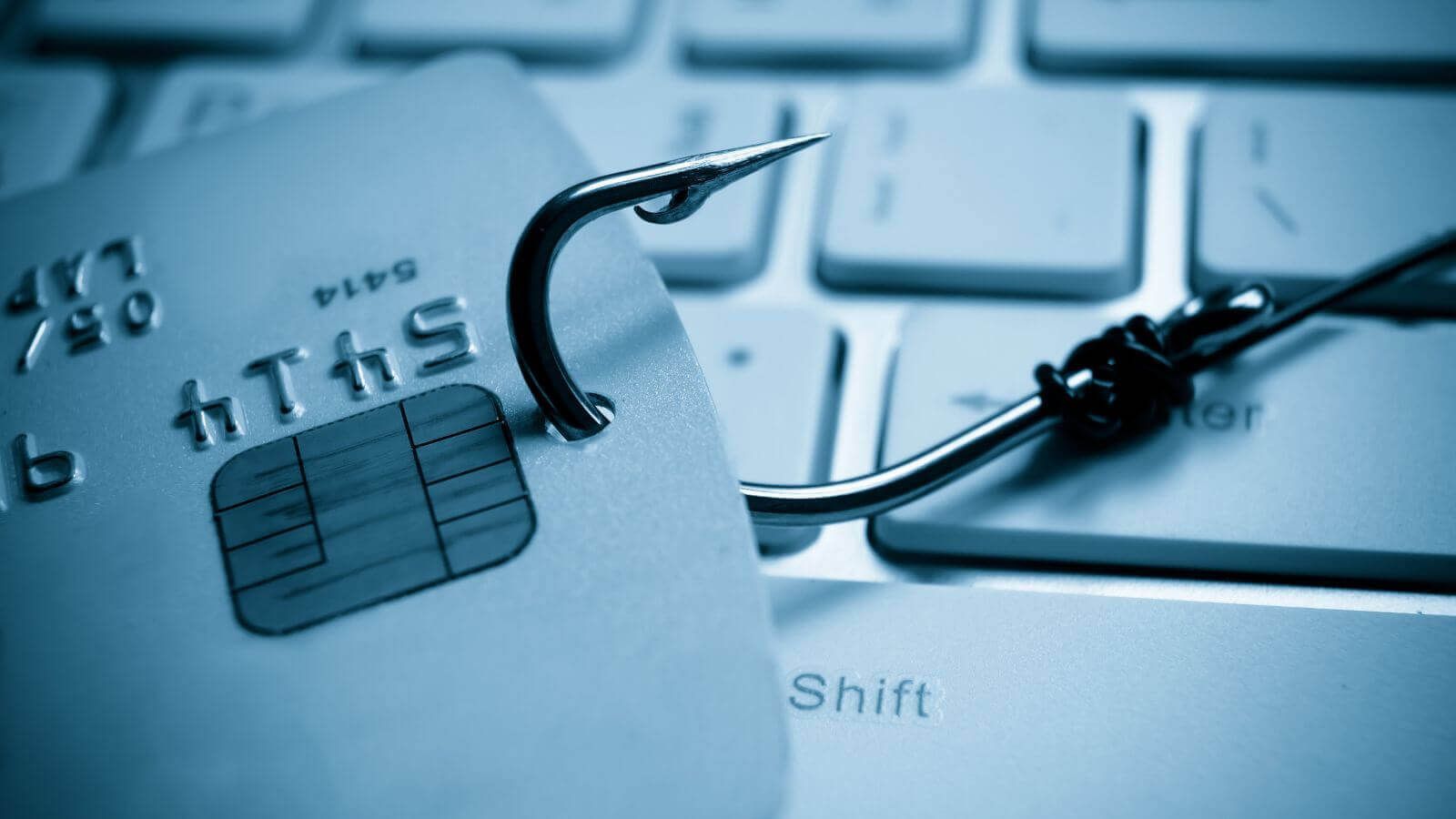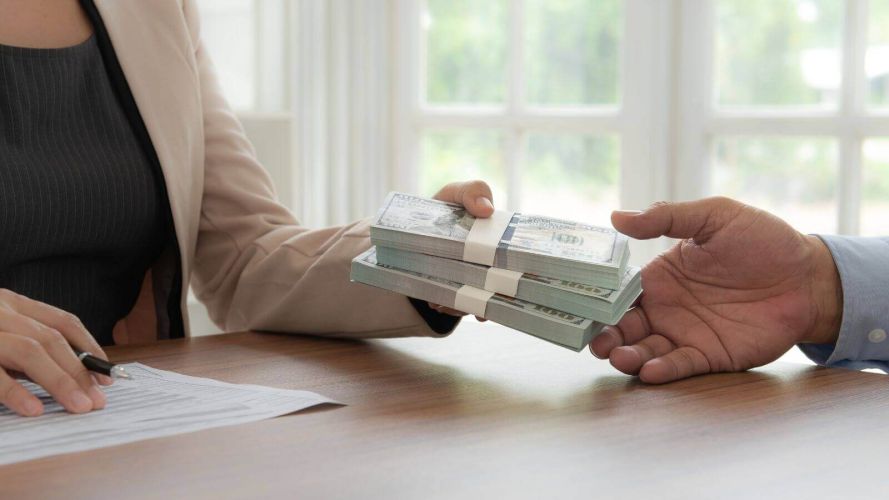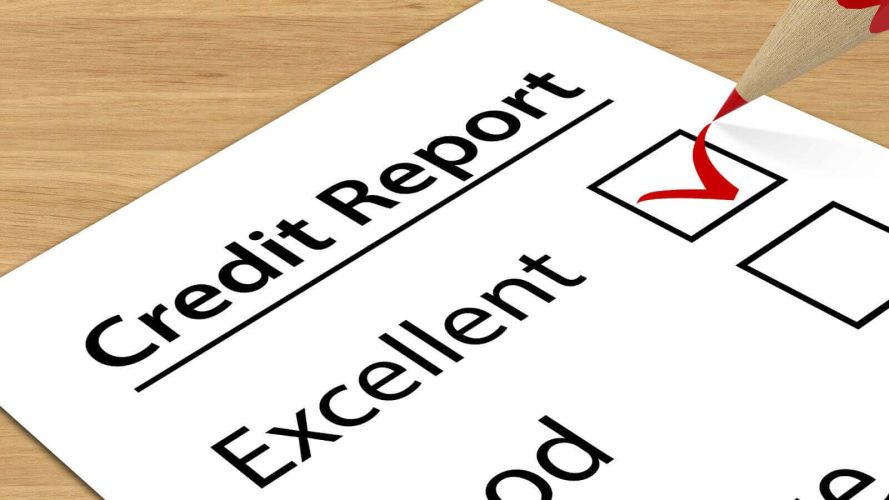
When Should You Start Building Credit?
Your credit score is a crucial factor that lenders consider when evaluating your eligibility for financial products such as loans, credit cards, and mortgages. The earlier you start building your credit, the better your chances of having a good credit score when you need it. However, many young adults are unsure of when they should start building their credit. In this blog post, we will discuss the importance of building your credit and when you should start.
Why is building credit important?
Having a good credit score can have a significant impact on your financial future. Here are some of the benefits of building a strong credit history:
- Lower interest rates: With a good credit score, you are likely to get lower interest rates on loans and credit cards, which can save you money over time.
- Improved chances of approval: A good credit score increases your chances of being approved for financial products, including loans, credit cards, and mortgages.
- Flexibility: Having a good credit score gives you the flexibility to make major purchases, such as a home or a car, without having to rely on savings or borrowing from others.
When should you start building your credit?
It’s never too early to start building your credit. Here are some key milestones in your life when you should consider building your credit:
- College: If you are in college, this is a great time to start building your credit. Consider getting a student credit card or becoming an authorized user on a parent’s account.
- Graduation: Upon graduation, you should start considering obtaining your own credit card or loan to establish a credit history in your name.
- Starting a job: Once you start working, you should consider opening a credit card in your name and using it responsibly to build your credit history.
- Renting an apartment: If you are planning to rent an apartment, many landlords check your credit score to determine your eligibility. Building your credit beforehand can help you secure a rental and improve your chances of being approved. Once you have an apartment, make sure your rental payments are reported to the credit bureaus.
Build credit with a secured credit card.
The most common way to get started is through a secured card. Secured cards require a deposit of anywhere from $200 to $500 (depending on your income and financial situation), which serves as collateral in case you default on any payments due. Once approved for a secured card, it’s important to use it responsibly and make all payments on time—otherwise, your deposit will be at risk for failing to meet the terms of the card agreement. Just like with any other type of credit card, though, establishing responsible usage habits with a secured card will help pave the way for access to more flexible and valuable unsecured cards down the line.
Some other card options to start building credit.
In addition to a secured card, you may want to consider a store-specific card, issued by a retailer for use within their own stores. These cards often have more lenient qualification criteria than those of standard credit cards. If possible, you can also try to become an authorized user on a credit card held by a parent or other trusted person. As an authorized user, you’ll benefit from the positive credit history of the primary account holder.
Monitor your credit
When you decide to start building credit, it’s important to start small and monitor your progress closely. Make sure you understand how credit works and the importance of using credit responsibly. Check the information on your credit report periodically to make sure it’s accurate since mistakes on a credit report can bring down your credit score. Dovly is an AI credit engine that can help you dispute any errors you find on your credit report. Try it risk-free with our free membership tier. Get in touch with Dovly today.


